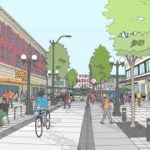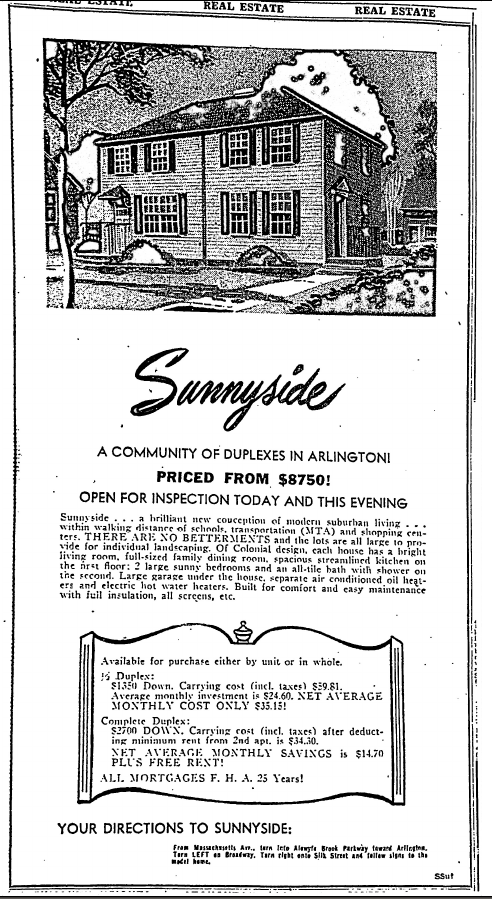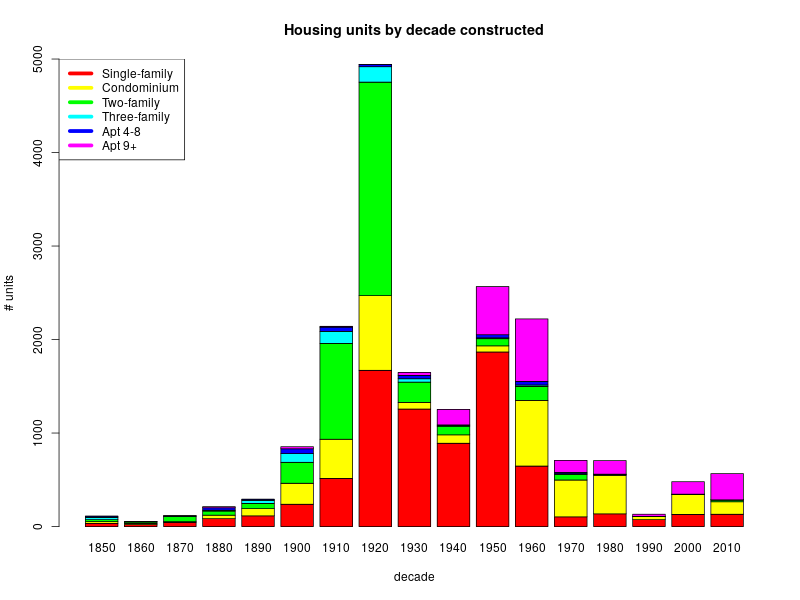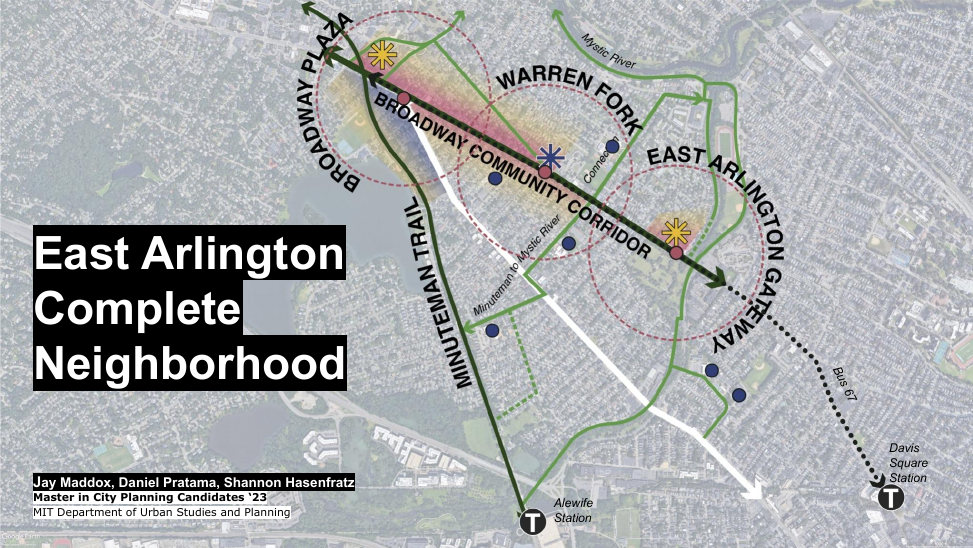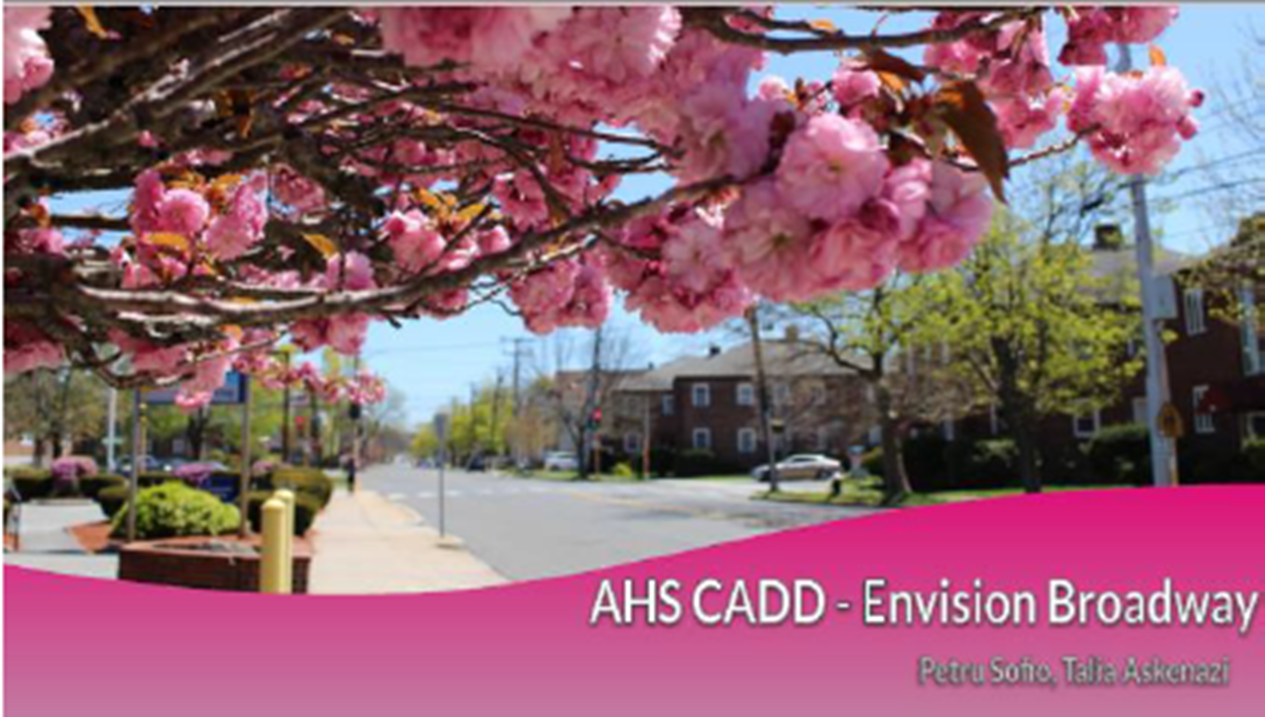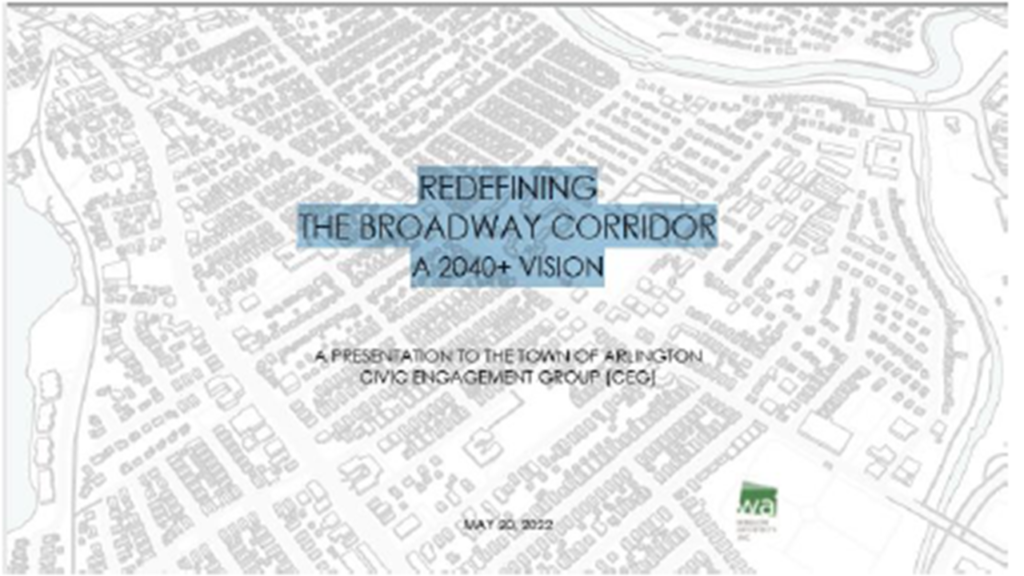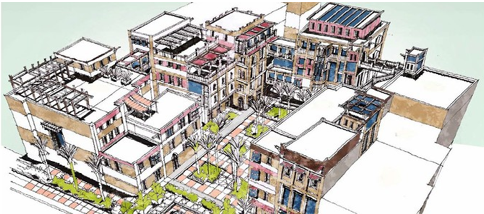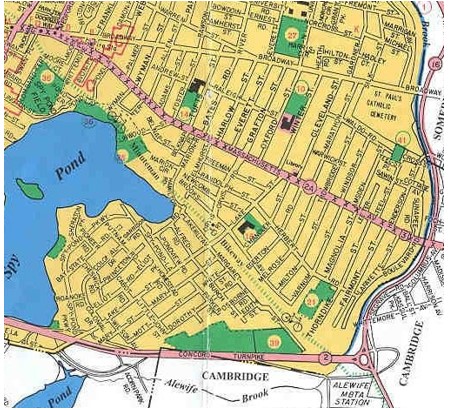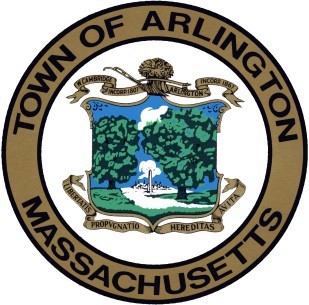This letter appeared in the Boston Globe on Dec. 19th. It’s reprinted
here with permission from the author, Eugene Benson.
The Dec. 12 letter from Jo Anne Preston unfortunately repeats misinformation making the rounds in Arlington (“Arlington is a case study in grappling with rezoning“).
At April Town Meeting, the Arlington Redevelopment Board recommended a vote of no action on its warrant article that would have allowed increased density along the town’s commercial corridors in exchange for building more affordable housing (known as “incentive zoning”), when it became obvious that the article would be unlikely to gain a two-thirds vote for passage, in part because of the complexity of what was proposed.
A warrant article to allow accessory dwelling units in existing housing (“in-law apartments”) gained more than 60 percent of the vote at Town Meeting but not the two-thirds vote necessary to change zoning.
The letter writer mentioned “naturally occurring affordable apartment buildings.” The typical monthly rent for an apartment in those older buildings ranges from about $1,700 for a one-bedroom to about $2,300 for a two-bedroom, according to real estate data from CoStar. Those are not affordable rents for lower-income people. For example, a senior couple with the national average Social Security income of about $2,500 per month would spend most of their income just to pay the rent.
We need to protect the ability of people with lower incomes to withstand rent increases and gentrification. That, however, requires a different approach than hoping for naturally occurring affordable housing to be there even five years from now.
Eugene B. Benson
Arlington
The writer’s views expressed here are his own, and are not offered on behalf of the Arlington Redevelopment Board, of which he is a member.
